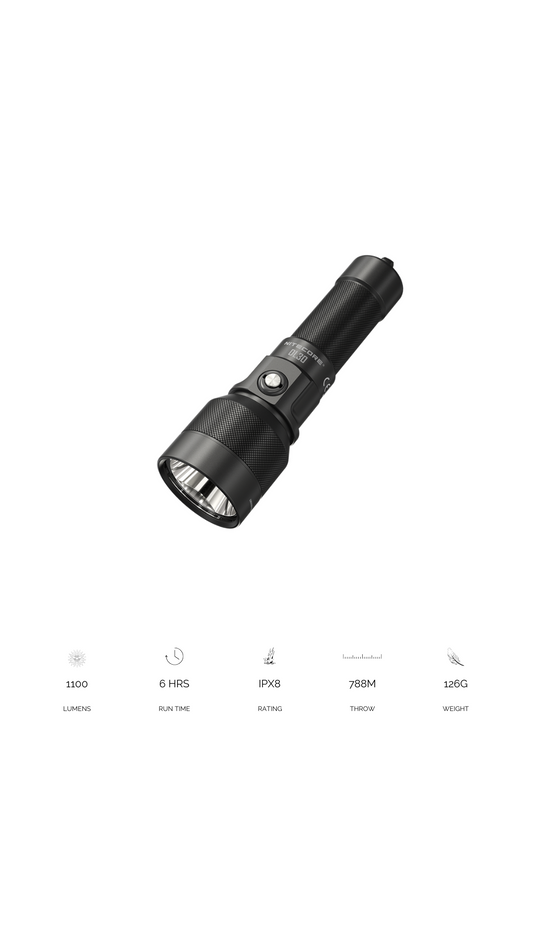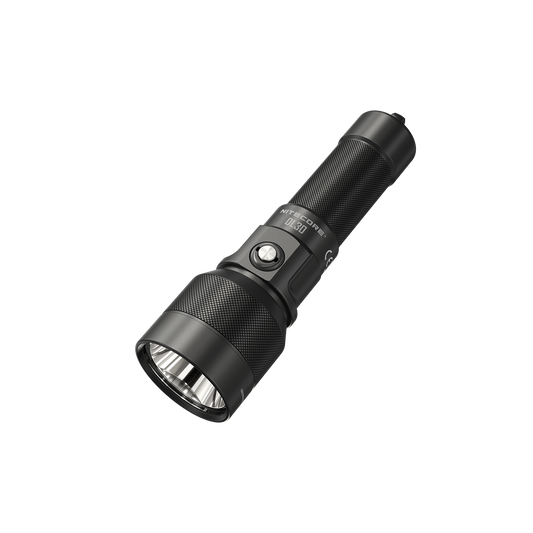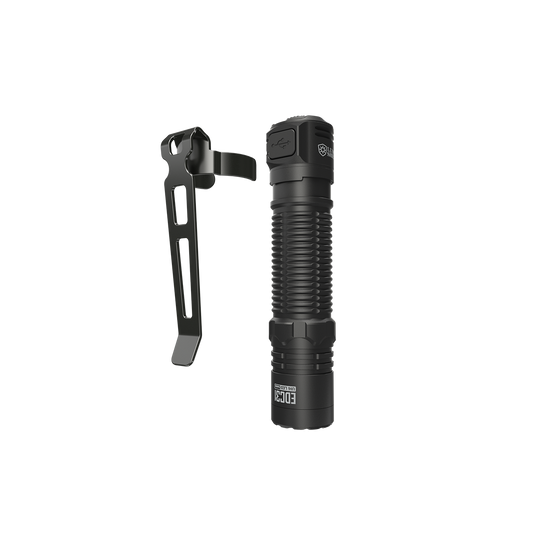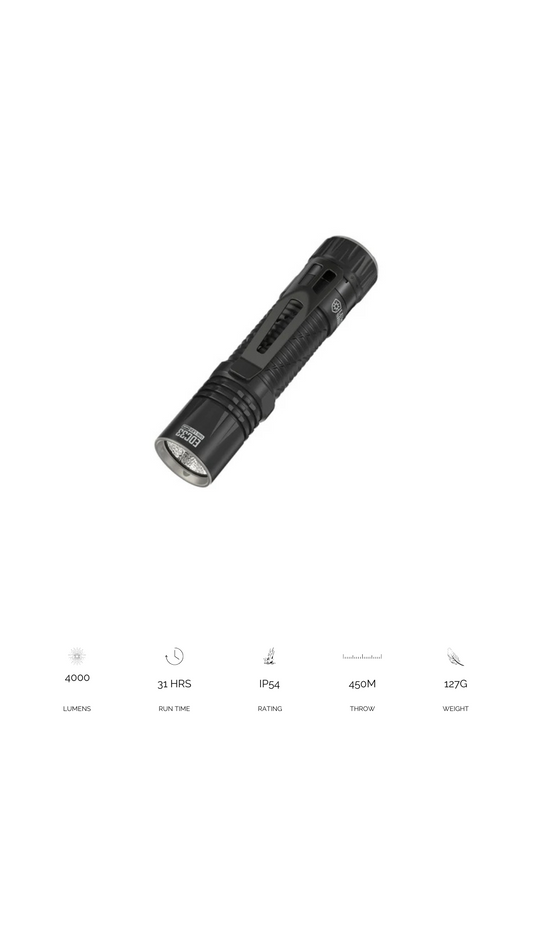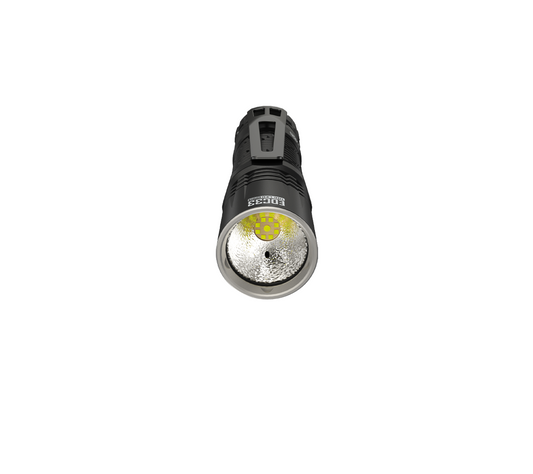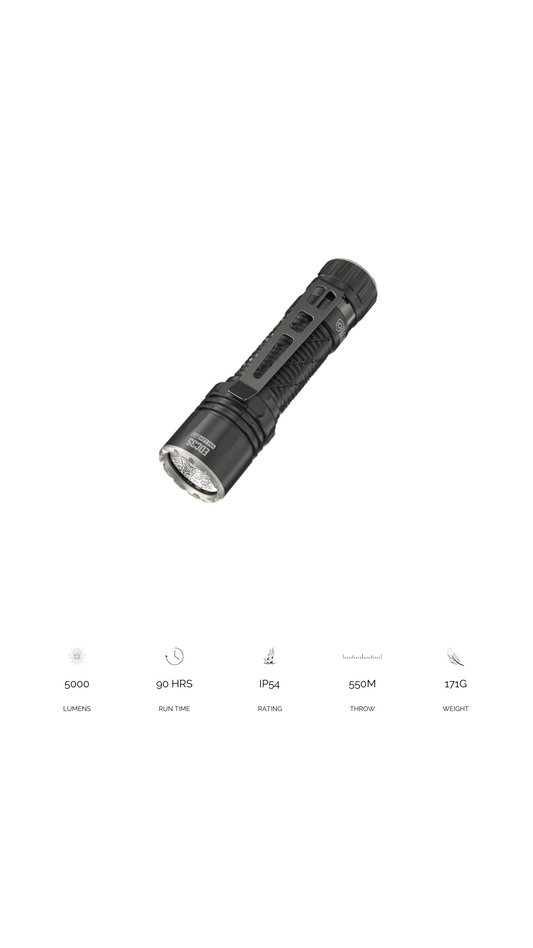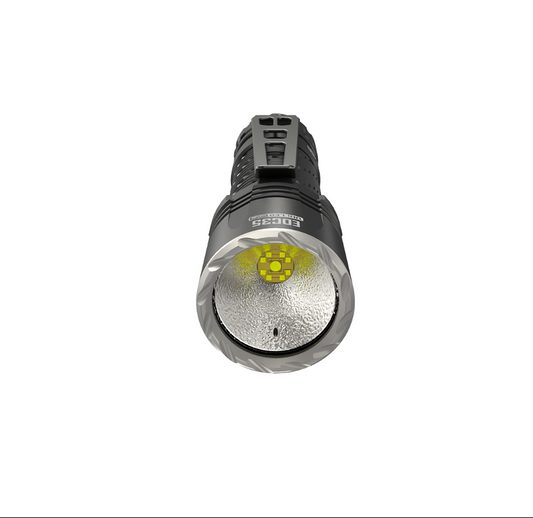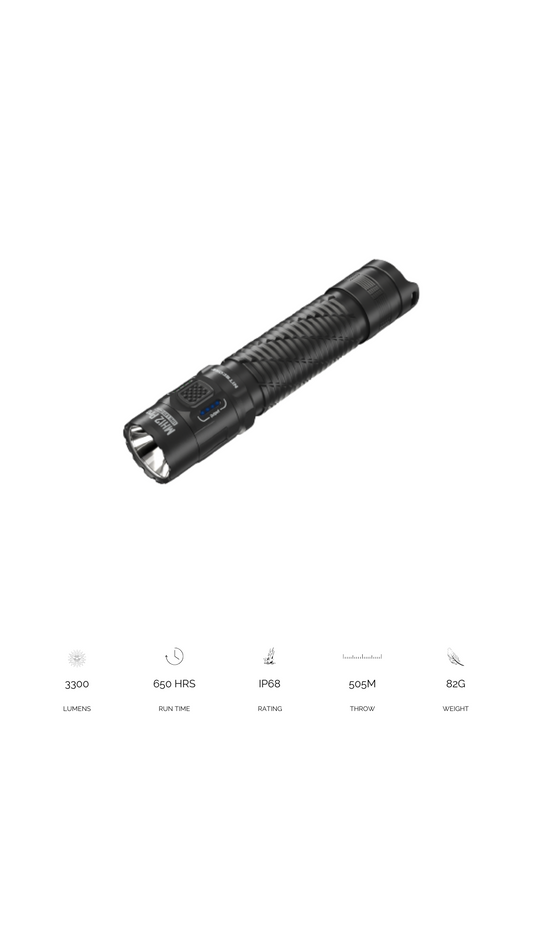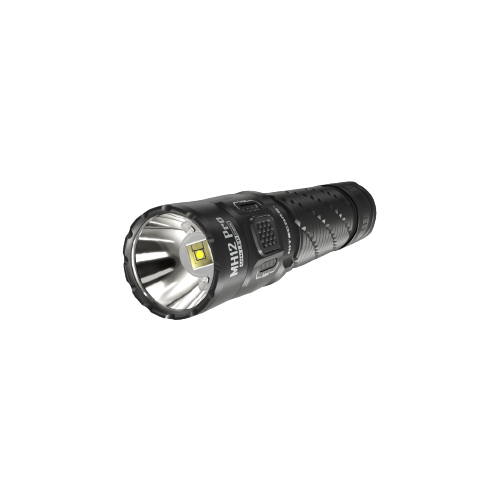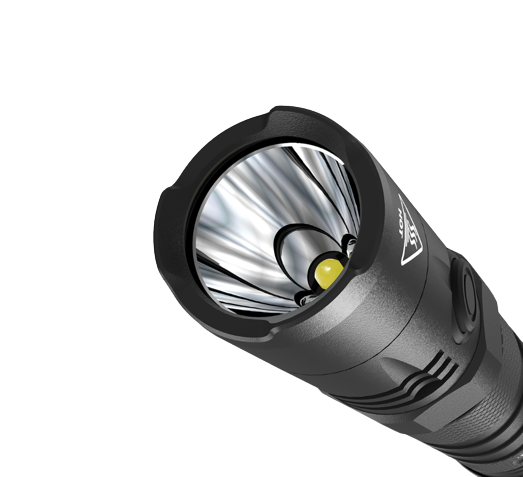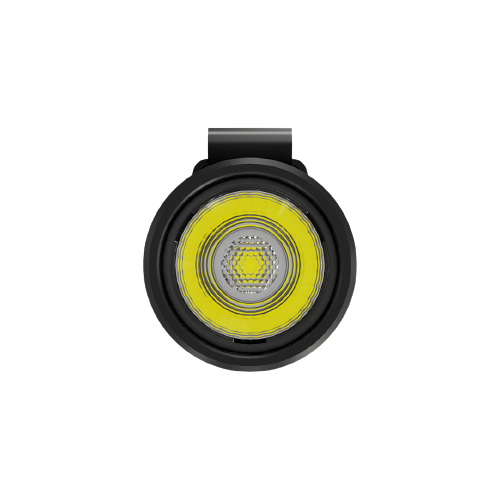
Testosterone Replacement Therapy (TRT): Weighing the Options for Men Over 40
Men have been taking enhancements for health benefits since time immemorial. Traditional supplements come in a variety of ways. Eurycoma Longifolia (Tongkat Ali), for one, is a common testosterone-boosting herb found in Malaysia and Indonesia and claims many benefits. The problem is that obtaining a quality extract is often difficult. And the market is flooded with knockoffs and weak, diluted extracts that barely do anything except put a hole in your pocket.
We'll delve deeper into this mystical root in another post.
Testosterone, the primary male sex hormone, plays a critical role in a man's physical and mental well-being. As men age, testosterone levels naturally decline, starting around age 30. This decrease can lead to a variety of symptoms that can significantly impact quality of life.

The Dip: Understanding Declining Testosterone Levels in Men
Men's testosterone levels naturally decline with age. This decrease typically begins around age 30 and continues gradually throughout life. Here's a deeper dive into this phenomenon:
• The Why Behind the Decline: The primary reason for declining testosterone levels is related to the testes, the male reproductive glands responsible for testosterone production. As men age, the testes become less efficient at producing testosterone. Additionally, a decrease in a hormone called luteinizing hormone (LH) from the pituitary gland, which stimulates testosterone production, also contributes to the decline.
• The Rate of Decline: The rate of testosterone decline can vary from man to man. Some men may experience a more gradual decrease, while others may see a sharper drop. Factors such as genetics, lifestyle habits, and overall health can all influence the rate of decline.
• Symptoms of Low Testosterone: While testosterone levels naturally decline with age, a significant drop can lead to a variety of symptoms. These can include:
It's important to note that other underlying medical conditions can also cause these symptoms. Consulting a doctor to get a proper diagnosis is crucial before attributing them solely to low testosterone.
• Diagnosing Low Testosterone: A simple blood test can measure your testosterone levels. If your levels fall below the normal range for your age group, your doctor may discuss potential treatment options, including TRT (Testosterone Replacement Therapy).
Understanding the decline in testosterone levels and the potential impact on your health is an important step toward making informed decisions about your well-being. If you're experiencing symptoms that might be related to low testosterone, schedule an appointment with your doctor to discuss your concerns and explore potential treatment options.
But here's the kick in the balls.
If you have been following the studies behind testosterone, then you may be aware that over the past decade, a shocking trend has emerged. Men around the world have had their testosterone levels dropping significantly. It could be due to the food we consume today being filled with garbage, environmental changes, hereditary conditions, or a whole host of other factors. The Jury is still out on the cause. But the painful truth remains: Men's testosterone levels have been in decline. Now, this is not the same as natural decline, which happens as we age.
There is ongoing discussion and research on the potential decline in testosterone levels in men compared to previous generations. Here's a summary of some key studies:
• The Massachusetts Male Aging Study (1997): This Study, published in the Journal of Clinical Endocrinology & Metabolism, found a decrease in average testosterone levels in men aged 40-70 years old between 1987 and 2002. The average testosterone level for a 60-year-old man dropped from 17.5 nmol/L to 15 nmol/L.
• Finnish and Danish Studies: Similar trends were observed in studies conducted in Finland and Denmark. These studies also reported a decrease in average testosterone levels across different age groups.
• Israeli Study (2019): A more recent study published in The Journal of Urology looked at testosterone levels in Israeli men between 2006 and 2019. It showed a significant decline in testosterone levels across almost all age categories, with an average drop of over 10%.
It does not look good, boys!
But if we have to go down, we'll go down swingin'!
Here's where TRT may be helpful.
Testosterone Replacement Therapy (TRT) has emerged as a potential solution, but it's a decision that warrants careful consideration. Let's delve deeper into the possible benefits and side effects of TRT for men over 40, along with the factors to consider when deciding if it's the right path for you.

The Potential Benefits of TRT:
Enhanced Energy Levels and Mood:
Low testosterone can have a significant impact on your energy levels and mood. It can feel like you're constantly running on fumes, needing more motivation and stamina to tackle your day. Studies have shown that TRT can be a game-changer for men with documented testosterone deficiency. Here's a closer look at how TRT can improve your energy and mood:
• Increased ATP Production: Testosterone plays a crucial role in the production of adenosine triphosphate (ATP), the primary source of energy for your cells. With optimal testosterone levels, your body can produce more ATP, leading to a noticeable increase in energy throughout the day.
• Improved Muscle Recovery: Testosterone helps your muscles repair and rebuild after exercise. When testosterone levels are low, muscle recovery slows down, contributing to fatigue and hindering your ability to engage in physical activities. TRT can accelerate muscle recovery, allowing you to feel more energized and ready to take on physical challenges.
• Enhanced Dopamine and Serotonin Function: Testosterone interacts with neurotransmitters like dopamine and serotonin, which influence mood, motivation, and feelings of well-being. Low testosterone can disrupt this delicate balance, leading to feelings of fatigue, irritability, and even depression. TRT can help regulate these neurotransmitters, potentially improving your mood, reducing fatigue, and increasing your overall sense of well-being.
Improved Sexual Function:
Sexual dysfunction is a major concern for many men with low testosterone. TRT can significantly improve your sexual health in several ways:
• Increased Libido: Testosterone is a key driver of sexual desire. When testosterone levels are low, men often experience a significant decrease in libido, making them less interested in sexual activity. TRT can help restore testosterone levels to a more optimal range, potentially leading to a renewed interest in sex.
• Enhanced Erectile Function: Testosterone plays a vital role in achieving and maintaining an erection. Low testosterone can make it difficult to get or keep an erection, leading to frustration and decreased sexual satisfaction. TRT can improve blood flow to the penis and enhance erectile function, allowing men to experience more satisfying sexual encounters.
• Improved Sperm Production: While not always the case, testosterone can also influence sperm production. In some men with low testosterone, TRT can lead to an increase in sperm count and motility, potentially improving fertility.
Increased Muscle Mass and Strength:
As men age, testosterone levels naturally decline, leading to a decrease in muscle mass and strength. This can have a significant impact on your physical performance, daily activities, and overall well-being. Here's how TRT can help you regain muscle and improve strength:
• Protein Synthesis: Testosterone plays a critical role in protein synthesis, the process by which your body builds and repairs muscle tissue. With optimal testosterone levels, your body can utilize protein more efficiently, leading to increased muscle growth and improved strength gains.
• Reduced Muscle Breakdown: Testosterone also helps to prevent muscle breakdown. When testosterone levels are low, muscle tissue can break down at a faster rate, leading to muscle loss and weakness. TRT can help to counteract this process, preserving muscle mass and promoting strength gains.
• Improved Muscle Activation: Testosterone can enhance neuromuscular function, which is the communication between your nerves and muscles. This improved communication can lead to better muscle activation during exercise, allowing you to lift heavier weights, perform more repetitions, and experience greater overall strength gains.
Improved Bone Density:
Bone mineral density naturally declines with age, increasing the risk of osteoporosis, a condition that weakens bones and makes them more susceptible to fractures. Here's how TRT can help protect your bones:
• Stimulates Osteoblasts: Testosterone stimulates the activity of osteoblasts, the cells responsible for bone formation. With increased osteoblast activity, your body can produce more bone tissue, leading to improved bone density and strength.
• Reduces Osteoclast Activity: Osteoclasts are cells that break down bone tissue. Testosterone can help to regulate osteoclast activity, preventing excessive bone breakdown and promoting bone health.
• Improves Calcium Absorption: Testosterone can also enhance calcium absorption from your diet. Calcium is a crucial mineral for bone health, and ensuring adequate calcium intake is essential for maintaining strong bones. By improving calcium absorption, TRT can further contribute to stronger bones and a reduced risk of fractures.

Important Considerations for TRT: Weighing the Benefits and Risks
While TRT offers a range of potential benefits, it's crucial to approach it with caution and a clear understanding of the possible drawbacks. Here's a closer look at some key considerations:
• Individualized Treatment: TRT is not a one-size-fits-all solution. The optimal dosage and delivery method will vary depending on your individual needs, testosterone levels, and overall health profile. Working closely with your doctor is essential to determine the safest and most effective TRT plan for you.
• Long-Term Monitoring: TRT requires ongoing monitoring to assess its effectiveness and identify any potential side effects. This may involve regular blood tests to check testosterone levels and red blood cell count and monitor for liver function issues. Your doctor will also likely perform physical examinations and discuss how you're feeling to ensure the treatment is working as intended.
• Lifestyle Modifications: TRT is most effective when combined with a healthy lifestyle. This includes a balanced diet rich in protein, regular exercise with a focus on strength training, and adequate sleep. Maintaining a healthy lifestyle can optimize the benefits of TRT and contribute to your overall well-being.
• Potential Side Effects: As with any medication, TRT comes with potential side effects. It's important to be aware of these and discuss them with your doctor before starting treatment. Some potential side effects include:
• Fertility Considerations: TRT can suppress sperm production, potentially leading to infertility. Men considering TRT who wish to have children in the future should discuss sperm banking options with their doctor.
Open Communication with Your Doctor:
The decision to pursue TRT is a personal one that should be made in consultation with your doctor. By openly discussing your symptoms, medical history, and lifestyle, you can work together to determine if TRT is the right approach for you. Remember, informed decision-making is key to optimizing your health and well-being.
Conclusion:
TRT can be a valuable tool for improving the quality of life for men with documented testosterone deficiency. However, it's not a magic bullet. There are potential benefits and drawbacks to consider, and the decision to pursue TRT should be individualized and based on a comprehensive discussion with your doctor. By taking a proactive approach to your health, understanding your options, and working collaboratively with your doctor, you can make informed decisions about TRT and take charge of your long-term well-being.
Let's explore this further so that if you are considering TRT, you will be more aware of the potential risks and what to discuss with your doctor.
Increased Risk of Heart Disease and Stroke: A Balancing Act
The potential link between TRT and an increased risk of heart disease and stroke is a topic of ongoing research. While some studies have suggested this association, others haven't found a definitive connection. Here's a deeper look at what we know so far:
• Underlying Risk Factors: Men with a pre-existing history of heart disease, stroke, or risk factors such as high blood pressure, high cholesterol, or obesity may be at a greater risk of complications when undergoing TRT. These conditions can already strain the cardiovascular system. It's crucial to have a frank conversation with your doctor about your risk profile. They can assess your overall health and determine if the potential benefits of TRT outweigh the possible risks.
• Dosage Considerations: The dosage of TRT may play a role in the potential risk of heart disease and stroke. Higher doses of testosterone may be associated with a greater risk. Your doctor will carefully consider the appropriate dosage based on your individual needs and testosterone levels, aiming to achieve optimal results with minimal risk.
• Lifestyle Modifications: Maintaining a healthy lifestyle is paramount when considering TRT, especially if you have any risk factors for heart disease or stroke. This includes a balanced diet low in saturated fats and processed foods, regular exercise, managing stress levels, and not smoking. A healthy lifestyle can help mitigate potential risks associated with TRT and contribute to overall cardiovascular health.
• Ongoing Monitoring: Regular monitoring is essential while on TRT. Your doctor will likely order blood tests to monitor cholesterol levels, blood pressure, and red blood cell count. These tests can help identify any potential issues early on and allow your doctor to adjust your TRT regimen if necessary.
Ultimately, the decision to pursue TRT should be made on an individual basis, carefully considering the potential benefits and risks, especially if you have a history of heart disease or stroke risk factors. Open communication with your doctor is crucial to ensure you make an informed decision about your health.
Shrinking Testicles: A Natural Response with Considerations
TRT can cause the testicles to shrink, as the body reduces its own testosterone production when it receives testosterone externally. This is a natural response because the body no longer needs to produce as much testosterone on its own. While shrinking testicles are usually harmless and don't cause any functional problems, it's an important side effect to be aware of.
Here are some additional points to consider:
• Extent of Shrinkage: The degree of shrinkage can vary from person to person. Your doctor can monitor any changes in testicular size during regular checkups.
• Psychological Impact: For some men, the idea of shrinking testicles can be a concern, potentially impacting self-esteem or body image. It's important to discuss these concerns openly with your doctor. They can address your questions and provide reassurance.
• Alternative Treatment Options: If shrinking testicles are a major concern for you, there may be alternative treatment options available for low testosterone that don't involve testosterone replacement. Discuss these possibilities with your doctor to find the best approach for you.
Remember, open communication with your doctor is key to addressing any concerns you may have about shrinking testicles and determining if TRT is the right choice for you.
Increased Red Blood Cell Count: A Matter of Balance
TRT can stimulate the production of red blood cells. While having a healthy number of red blood cells is essential for oxygen transport throughout the body, an excessively high count can thicken the blood and increase the risk of blood clots. Here's a closer look at this potential side effect:
• Monitoring and Management: Regular blood tests are crucial while undergoing TRT. These tests will monitor your red blood cell count (hematocrit). If your red blood cell count becomes too high, your doctor can take steps to manage it. This may involve:
By being aware of the potential for increased red blood cell count and taking proactive steps to monitor and manage it, you can minimize the risks associated with TRT.
Fertility Issues: Planning for the Future
TRT can suppress sperm production, potentially leading to infertility in some men. This is a crucial consideration for men who wish to have children in the future. Here's what you need to know:
• Understanding the Impact: TRT can decrease sperm production by varying degrees. The severity of this impact can depend on factors such as your testosterone levels, dosage of TRT, and duration of treatment.
• Sperm Banking: If you're considering TRT and plan to have children in the future, sperm banking is a viable option. Sperm banking involves freezing sperm samples before starting TRT. These frozen sperm samples can then be used for future conception through assisted reproductive technologies like in vitro fertilization (IVF).
• Discussing Options with Your Doctor: Open communication with your doctor is essential when considering TRT and its potential impact on fertility. They can discuss your sperm health and the likelihood of TRT affecting your fertility and explore sperm banking options if desired.
By planning and discussing your family planning goals with your doctor, you can make informed decisions about TRT and ensure it doesn't hinder your plans for fatherhood.
Why You Might Consider TRT:
• You are experiencing symptoms of low testosterone: These symptoms can include fatigue, decreased libido, erectile dysfunction, difficulty achieving orgasm, muscle loss, ضعف العظام (du'f al-iẓām - bone weakness in Arabic), mood changes such as irritability or depression, and difficulty concentrating. It's important to note that other medical conditions can also cause these symptoms. Consulting a doctor to get a proper diagnosis is crucial before considering TRT.
• Your doctor has confirmed low testosterone levels: A simple blood test can measure your testosterone levels. If your levels fall below the normal range, your doctor may discuss TRT as a potential treatment option.
• You are willing to undergo regular monitoring by your doctor: TRT requires ongoing monitoring to assess its effectiveness and identify any potential side effects. This may involve regular blood tests, physical examinations, and discussions with your doctor about how you're feeling.
• You understand the potential side effects of TRT and are comfortable with the risks involved: TRT is not without risks, and it is important to be frank and open with your doctor about your risk profile.
Why You Might Not Consider TRT:
• You are experiencing symptoms that other medical conditions could cause: Fatigue, decreased libido, and erectile dysfunction can all be symptoms of underlying health issues such as sleep apnea, thyroid problems, depression, or side effects of medications. A thorough medical evaluation by your doctor is essential to rule out these other causes before jumping to TRT.
• You have a history of certain medical conditions: TRT may not be safe for men with a history of heart disease, stroke, or prostate cancer. These conditions can potentially worsen with TRT. Your doctor can assess your situation and advise you on the safest course of treatment.
• You are not comfortable with needles: Most forms of TRT are administered via injection, either intramuscular (into the muscle) or subcutaneous (under the skin). If you have a fear of needles, discuss alternative options with your doctor. There are some topical gels and patches available, but these may not be as effective as injectable forms.
• You are concerned about the potential side effects of TRT: The potential side effects of TRT, such as increased risk of heart disease, mood swings, and liver problems, can be a deterrent for some men. It's important to weigh the potential benefits against the risks and discuss your concerns openly with your doctor.
The Bottom Line:
TRT can be a valuable tool for improving the quality of life for men over 40 who are experiencing symptoms of low testosterone and have confirmed low testosterone levels through blood testing. However, it's not a one-size-fits-all solution. There are potential benefits and risks to consider, and the decision to pursue TRT should be made in consultation with your doctor.

Taking Charge of Your Health:
If you're experiencing symptoms that might be related to low testosterone, schedule an appointment with your doctor. They can perform a blood test, discuss your medical history, and explore potential treatment options, including TRT. Remember, knowledge is power. By educating yourself about TRT, you can partner with your doctor to make informed decisions about your health and well-being.
A Crucial Disclaimer:
This article is for informational purposes only and should not be construed as medical advice. It is important to consult with your doctor to determine if TRT is right for you. Your doctor can assess your health situation, discuss the potential benefits and risks of TRT, and help you decide if it's the best course of treatment for you.



















